Strategic use of the internet
When an intiative in Brazil to promote community telecentres was endangered, the threat was turned into an opportunity. Free Software tools were re-engineered in a way that they became more powerful and useful. Telecenters that are part of a telecentre-network can use the new system to allow roaming accounts between telecenters. So, a user can create an account on a telecenter in one city and go to other city and login with his original account, without having to make another profile for him...
With the focus at Tunis largely on who controls the Net, and the far-from-sophisticated control mechanisms of Tunisian society, the issue of what the Net can — and is — doing for the excluded in the planet might have taken a back seat. Disparity in accessing the levers of communication is markedly sharp. But interesting stories are coming in about what’s possible from various parts of the globe — Africa, in the field of education, the American Indian indigenous people...
WSIS: "good discussion, people were given a chance to speak out from all kinds of minority positions and it showed well what a powerful tool the internet is, from the perspective of independent journalism."
With this excellent title Havis, an international NGO promoting the freedom of expression organised a whole two-day event, gathering a collection of rather interesting people from all over the globe. All discussions and presentations focused on the “most extreme cases”, the exercise of the freedom of communication under hostile regimes – hence the title. The Tunisian governmen...
"Internet for personal development, that should be the key axis of the debate. In Peru, there is still many people who have no access… having a laptop like this one is a luxury for most people there…" This Peruvian TV journalist finds the debate to be too general, and without practical outcomes. There should be less discourse and more action, he feels. "Rich countries should state c...
“I am not that interested in what governments came to say. They come with messages that are not negotiable. On the contrary, it is great to listen to people from the NGOs and exchange ideas with them,” said Taurai Maduna from the Zimbabwean NGO online community Kubatana, in the middle of the exposition centre of the Kram, Tunis. He is taking part in the Hivos-organised workshop call...
Yesterday me and Shahzad had a chance to see Tunis in all its WSIS splendour. Tunis as a city has been completely appropriated by the WSIS campaign. Public spaces where people lead their daily lives are heavily marked by a campaign about an event that they have no meaningful way to experience, and that will perhaps not bring any lasting good for their country.
This is a quick and dirty guide to Podcasting… in short, how to hear ours and other Podcasts with the minimum of fuss. It was written the other day, as we were finding quite a few people who knew about Podcasting, but didn’t really find a simple way to get onto it. This was published on our independent publishing label, Secession’s web site and RSS feed. Hope this helps…
South Korea’s Ministry of Information and Communication (MIC) officially announced on September 12, the that it would introduce the internet real-name system as a counter-measure against problems of cyber violence and start a legislative process regarding this system. But this move — seen by some as a form of pre-censorship — has brought in resistance and concern.
In November 2005, the United Nations’ World Summit on the Information Society (WSIS) will meet for the last time in Tunis. APC’s WSIS coordinator Karen Banks points out that in its five year history, the summit has failed to redress the North-South "digital divide". Consensus at WSIS has been elusive: the private and public sectors hold diametrically opposing views on issues such as...

Association for Progressive Communications (APC) 2022
Unless otherwise stated, content on the APC website is licensed under Creative Commons Attribution 4.0 International (CC BY 4.0)



